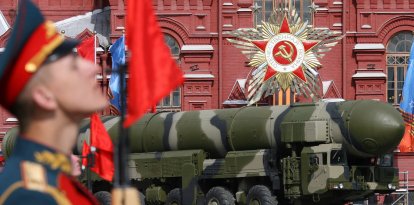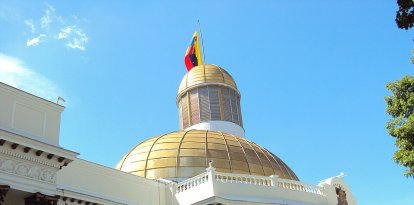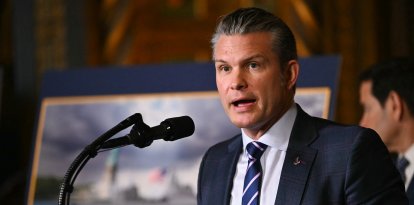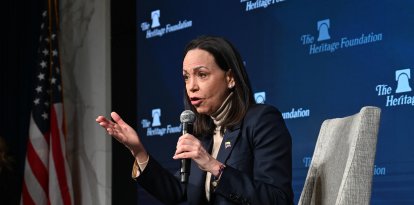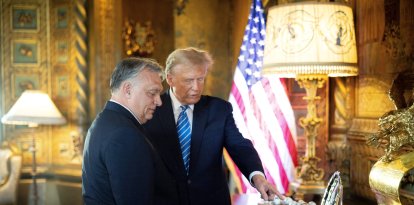A defeated Biden will be at APEC 2024 in Lima in his possible last official trip abroad
The president will maintain a secondary role in the forum after his party's resounding defeat in the election and the mega-project to be presented by China in Peru.

Joe Biden on Air Force One
This Thursday, Joe Biden will fly to Lima, Peru, to attend the Asia-Pacific Economic Cooperation (APEC) forum, where the region's leaders will discuss and propose trade-related measures. The president is scheduled to meet with his Peruvian counterpart, Dina Boluarte, in what will likely be his last official trip abroad before he hands over the reins to Donald Trump in January 2025.
His visit to Peru comes just days after his party suffered a resounding defeat in the presidential election. The Democrats not only failed to keep the White House, but also lost the majority in the Senate and failed to wrest power from the Republicans in the House of Representatives.
This electoral failure will be one of the topics that the region's leaders will discuss off the record during the APEC 2024 forum. Biden will have to show his face before his counterparts when asked about this debacle, giving an image of a declining leader of the world's leading economy.
But a defeated Biden will not be the only element that leaves the president and the United States as a bit player at the forum. China will go to Lima with a large delegation led by Xi Jinping to present a colossal project that began construction in 2021 some 50 miles from the Peruvian capital: the Chancay megaport.
These facilities will initially have four berths following an initial investment of $1.3 billion. Upon completion, the port will have 15 berths and the absolute outlay will be $3.5 billion. "With this port, we are looking at the entire Pacific coast, from the United States and Canada to Chile. It is transforming the shipping business," Peruvian Foreign Minister Elmer Schialer told the Associated Press.
In recent years, China has seen Latin America as a mine to invest in projects and thus expand its geopolitical and economic influence in the region. In the last two decades, its exports to the countries in the region reached a value of close to $500 billion.
Apart from Peru, with which it signed economic agreements under the presidency of Pedro Castillo, the communist regime has worked with Brazil, Chile, Uruguay and Argentina (while Alberto Fernandez was in the Casa Rosada) on trade partnerships.


















